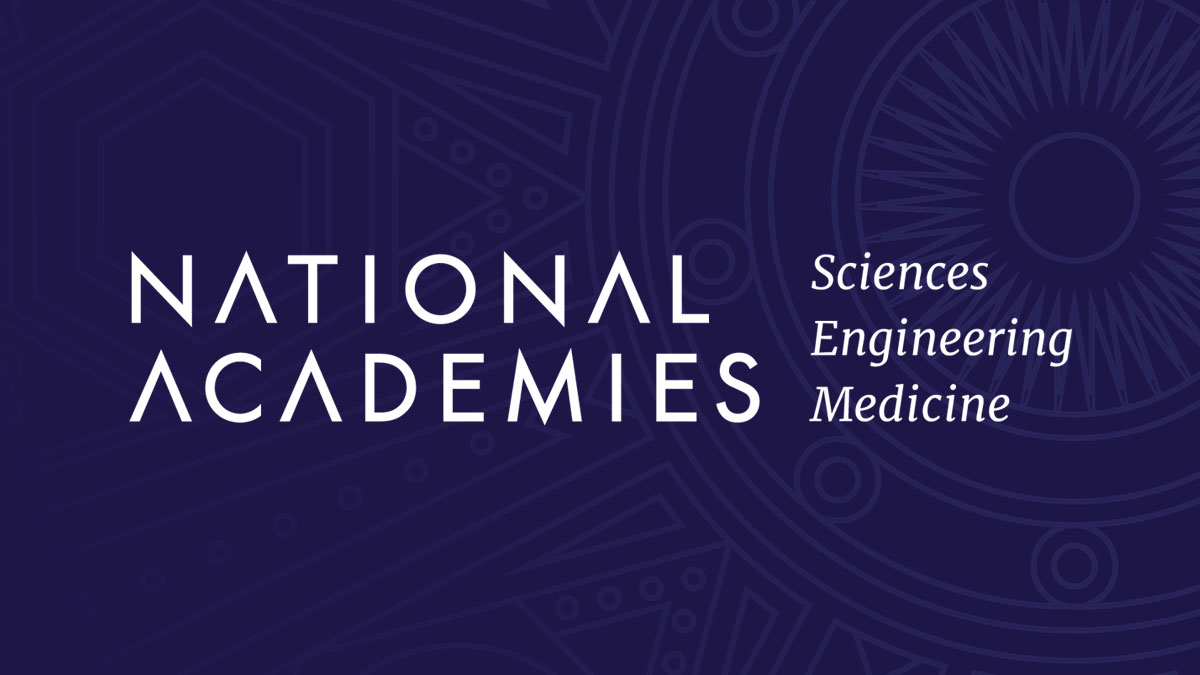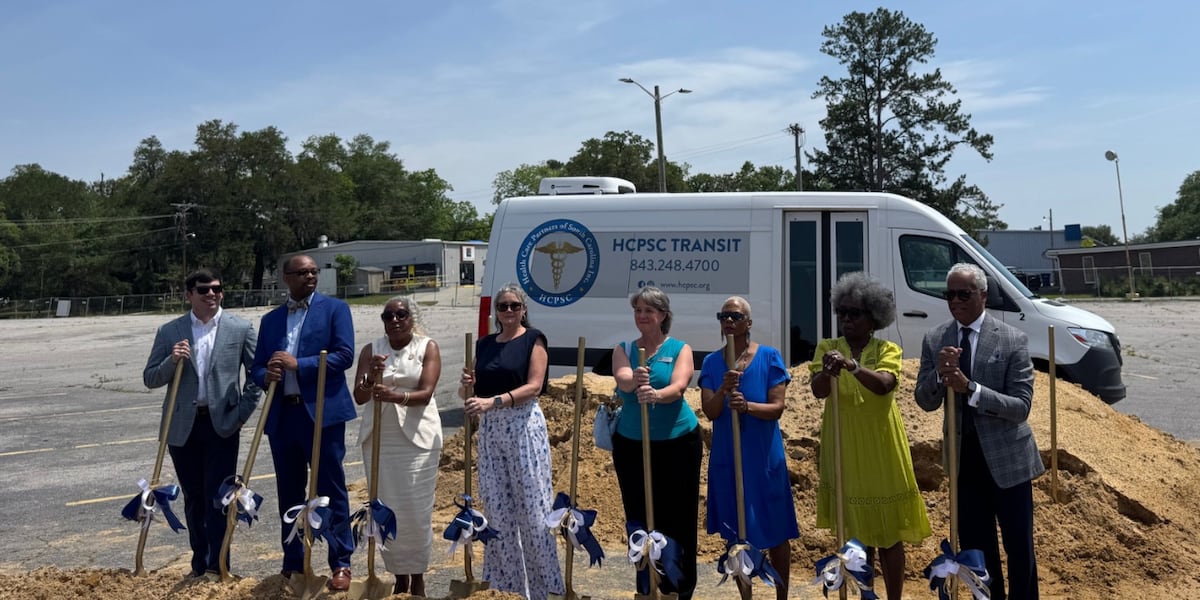Living with Coeliac Disease: Why My Gluten-Free Life Isn't a 'Red Flag'

I've heard it all before. "Oh, you're gluten-free? That's just a trend!" Or, the dreaded, "You're a red flag because you have dietary restrictions." It's frustrating, to say the least. For many, choosing a gluten-free lifestyle is a personal preference, a way to feel better or align with certain dietary trends. But for me, it's a necessity – I live with coeliac disease.
Coeliac disease isn't a choice; it's an autoimmune disorder that profoundly impacts my health. It's a condition where my body mistakenly attacks its own tissues when I consume gluten, a protein found in wheat, barley, and rye. This attack isn’t just a minor inconvenience; it triggers a cascade of health problems if I'm not vigilant about avoiding gluten.
Understanding the Impact of Coeliac Disease
The immune response in coeliac disease damages the small intestine, specifically the villi – tiny, finger-like projections that absorb nutrients from food. When these villi are damaged, my body struggles to absorb essential vitamins, minerals, and nutrients, leading to a range of symptoms. These can include fatigue, bloating, abdominal pain, diarrhoea, anaemia, and even long-term complications like osteoporosis and infertility.
Imagine constantly feeling unwell, struggling to absorb the nutrients you need, and facing the constant risk of triggering an immune response with every meal. That's the reality of living with coeliac disease. It requires careful planning, constant vigilance, and a deep understanding of food labels and potential cross-contamination.
Navigating Dating with a Health Condition
So, when someone labels me a “red flag” because of my gluten-free diet, it’s more than just dismissive; it’s insensitive to the challenges I face daily. Dating can be tricky enough without having to explain a complex health condition and navigate the potential for misunderstandings. It’s disheartening to encounter people who view my dietary needs as a burden or a sign of being “high maintenance.”
What I wish people understood is that my gluten-free lifestyle isn't a quirky preference; it's a vital aspect of my health management. It's about ensuring I can live a full and active life, free from the debilitating symptoms of coeliac disease. It's about prioritizing my well-being and making informed choices about what I put into my body.
Finding Support and Raising Awareness
Fortunately, awareness of coeliac disease is growing, and there are fantastic resources available for those living with it. Coeliac New Zealand (CNZ) provides invaluable information, support, and advocacy for individuals and families affected by coeliac disease. Connecting with others who understand the challenges of living gluten-free can be incredibly empowering.
Ultimately, I hope to break down the stigma surrounding health conditions and dietary restrictions. Being gluten-free isn’t a lifestyle choice for me; it’s a medical necessity. And I refuse to let it be a barrier to finding someone who understands and accepts me for who I am – a person living with coeliac disease, thriving despite the challenges, and deserving of love and connection.
Let's shift the conversation from judgment to understanding and empathy. Let’s celebrate the resilience of those living with chronic health conditions and create a world where everyone feels supported and accepted, regardless of their dietary needs.





/https://tf-cmsv2-smithsonianmag-media.s3.amazonaws.com/filer_public/88/f2/88f2dfd2-cb22-4e48-b9a7-767760c87400/eye-disorders-heat-web.jpg)